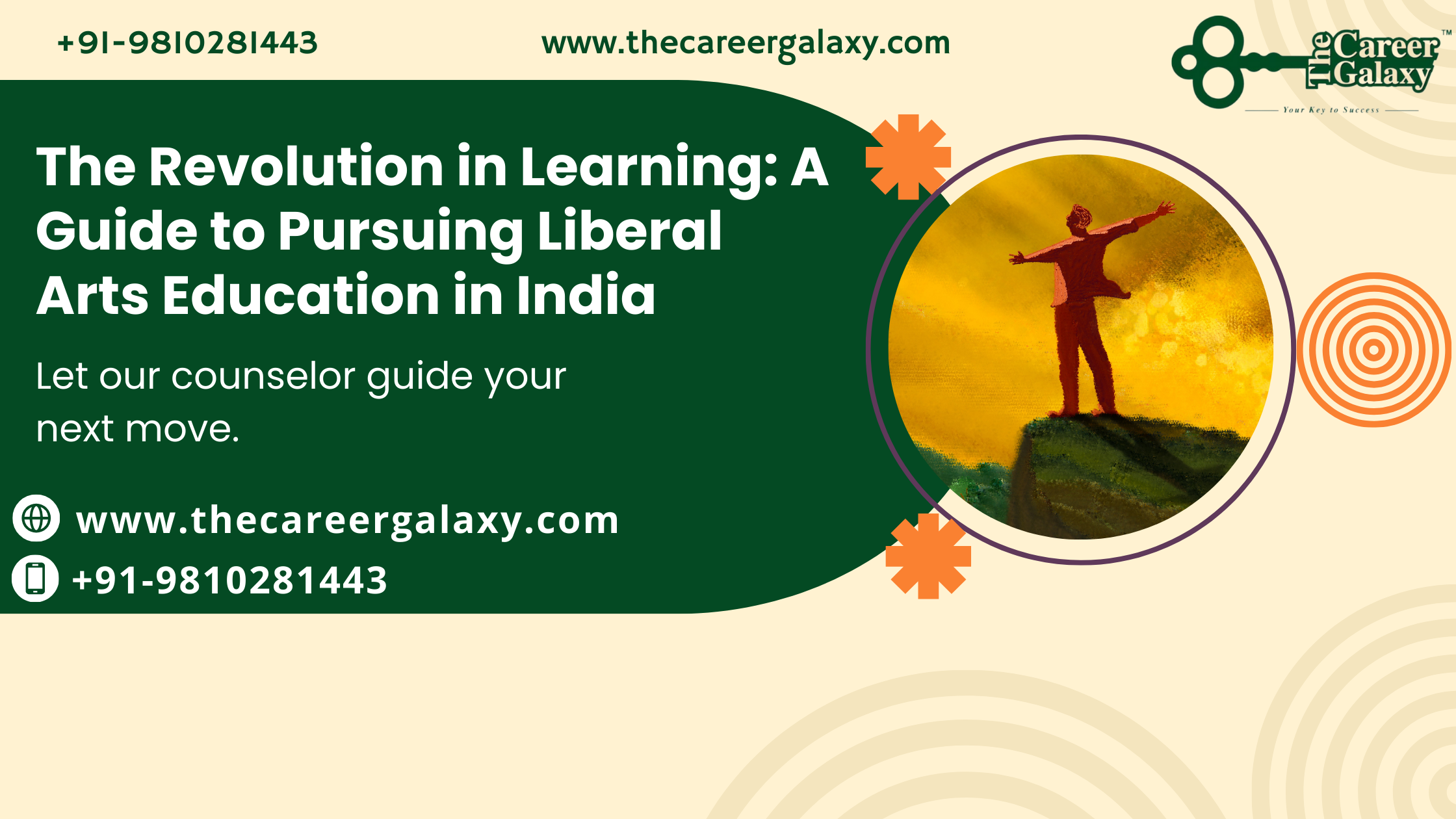
The Revolution in Learning: A Guide to Pursuing Liberal Arts Education in India
The Revolution in Learning: A Guide to Pursuing Liberal Arts Education in India
For decades, education in India has revolved around career paths like engineering, medicine, or law—with very little societal focus on alternative approaches. But times are changing. A Liberal Arts education is rapidly gaining recognition for its ability to foster creativity, critical thinking, and adaptable skills that meet the evolving demands of the 21st-century job market.
If you’re a student, parent, or educator curious about Liberal Arts education and its potential in shaping the careers of PCM (Physics, Chemistry, Math) students, keep reading. This guide will explore its core components, benefits, challenges, career opportunities, and actionable insights.
Understanding Liberal Arts Education in India
What is a Liberal Arts Education?
A Liberal Arts education is an interdisciplinary academic approach. Unlike conventional streams focusing on a single specialization, Liberal Arts combines sciences, social sciences, humanities, and arts, allowing students to explore diverse disciplines before narrowing their focus.
With universities like Ashoka University, FLAME University, and Symbiosis increasingly offering Liberal Arts courses, this academic approach has firmly established itself in the Indian context, making it a viable option for students after 12th grade.
Core Components of a Liberal Arts Education
- Interdisciplinary Curriculum: Students study various subjects, from literature to data science, promoting a holistic understanding.
- Perspective Building: It encourages open discussions, diverse viewpoints, and critical thinking.
- Experiential Learning: Project-based and hands-on learning enable practical applications of theoretical concepts.
- Soft-Skill Development: Leadership, problem-solving, and communication are integral parts of the curriculum, preparing students for diverse roles.
Benefits of a Liberal Arts Education for Students
Choosing a Liberal Arts education creates a springboard for well-rounded development. Here are some key benefits that set it apart from traditional academic routes, especially for PCM students looking for non-technical career options after 12th PCM or alternative careers after 12th PCM without JEE.
1. Critical Thinking
Liberal Arts students are trained to question existing systems, analyze information critically, and evaluate solutions across disciplines. These are highly sought-after skills in professions like consulting, policy-making, and entrepreneurship.
2. Unleashing Creativity
The freedom to explore arts, literature, philosophy, or even music alongside science fosters creativity and innovation—vital attributes in the modern world.
3. Interdisciplinary Skills
Combining subjects like economics and programming, or psychology and marketing, allows students to identify and respond to dynamic professional challenges with an agile, adaptable skillset.
4. Enhanced Employability
With diverse knowledge covering multiple domains, students entering the job market are able to demonstrate flexibility and broad expertise.
5. Global Perspective
Many Liberal Arts programs connect students to international networks or encourage study-abroad opportunities. Exposure to global cultures and economies builds understanding and versatility.
Career Opportunities After a Liberal Arts Education
A significant misconception is that Liberal Arts degrees limit career options. On the contrary, they open doors to a vast range of opportunities ideal for PCM students seeking career options after 12th science without JEE or non-technical career paths after 12th PCM.
Here’s where a Liberal Arts degree can lead you:
- Policy Researcher: Work on crafting informed policies for governments or NGOs.
- Data Analyst: Combine data-driven insights with creative problem-solving in industries like healthcare or retail.
- UX Designer: Focus on user-centric design for digital platforms, blending psychology with technology.
- Media and Advertising Professional: Tackle roles in content creation, marketing strategies, or brand storytelling.
- Entrepreneur: Use interdisciplinary knowledge to build and manage ventures.
- Writer/Journalist: Pursue careers in writing that span investigative journalism, novel-writing, or technical writing.
Confused?
Liberal Arts Career Options is Best
Diverse and Flexible Career Paths
For PCM students asking, what are the best courses in non-engineering careers after 12th PCM without JEE? Liberal Arts programs offer pathways ranging from economics and international relations to media and digital marketing.
Challenges of Pursuing Liberal Arts and How to Overcome Them
Challenge 1: Concerns About Job Security
Why this happens: Parents and students worry that Liberal Arts won’t lead to stable, well-paying jobs compared to STEM careers.
Solution: Highlight successful professionals with Liberal Arts backgrounds. Careers in research, data analytics, and digital marketing (to name a few) have become lucrative fields for such graduates. Additionally, strong communication and analytical skills honed during the course boost employability.
Challenge 2: Lack of Awareness
Why this happens: Many students and parents are unfamiliar with the depth and diversity of Liberal Arts programs.
Solution: Explore online resources, attend Liberal Arts-specific seminars, webinars, and open days to gain first-hand exposure. Universities like Ashoka and FLAME provide detailed program breakdowns.
Challenge 3: Limited Access
Why this happens: Liberal Arts courses are less available compared to mainstream STEM or commerce programs in India.
Solution: Online programs and certifications are expanding possibilities for students who can’t relocate for in-person classes.
Liberal Arts Overview Table
| Advantages | Challenges |
|---|---|
| Multi-disciplinary skill development | Fewer universities offering programs |
| Diverse career paths | Misconception about lack of job security |
| Exposure to global cultures | Requires significant awareness efforts |
Why Liberal Arts Could Be the Perfect Choice
A Liberal Arts education is more than just a degree; it’s a mindset designed for today’s rapidly changing world. Students gain the tools to address complex challenges with creativity, data-driven logic, and empathy.
If you’re a PCM student looking for career paths after 12th PCM without JEE or wondering about non-engineering careers for PCM students, Liberal Arts is the answer worth considering.
Take the next step by researching programs offered at top universities or speaking to counselors about how this academic field can align with your goals and passions.
